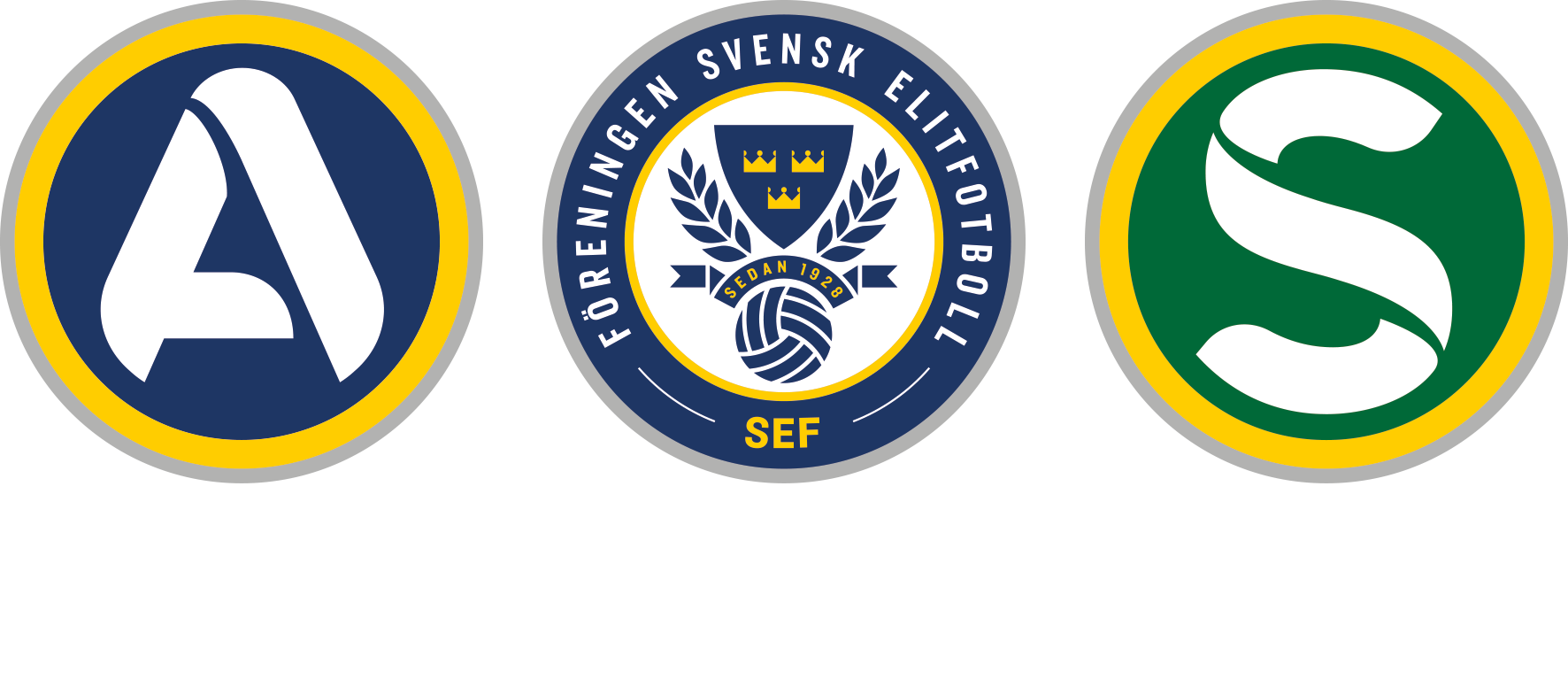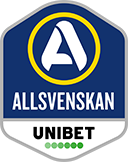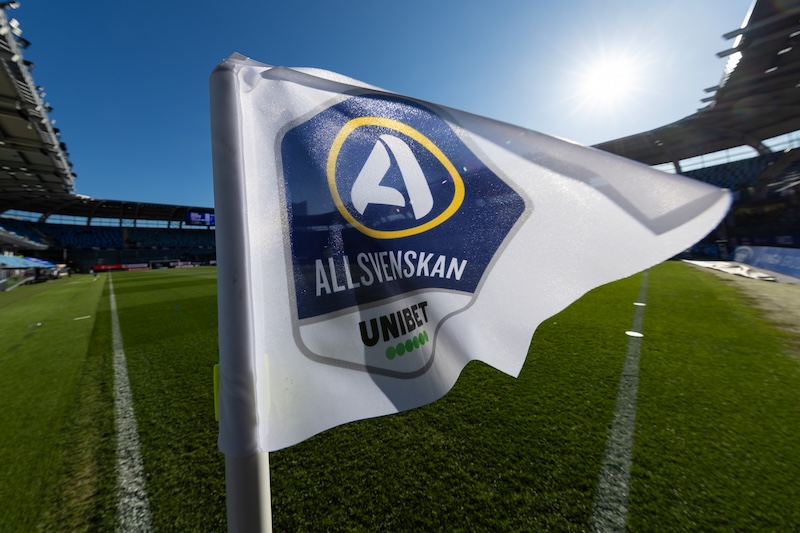Swedish Professional Football Leagues and the clubs in Allsvenskan and Superettan are deeply concerned about the police’s newly tightened conditions regarding masking. They believe that this is not only a step away from the exclusion strategy but also a step away from the cooperation and dialogue that Swedish Professional Football Leagues advocates in matters of this kind. Swedish Professional Football Leagues believes the solution lies in continuing to develop the exclusion strategy.
Two weeks ago, the Swedish Police Authority announced that they are tightening the conditions regarding masking, forcing organizers to stop matches as long as organized masking occurs. Like the Police Authority, Swedish Professional Football Leagues does not want masked individuals in the arenas for the purpose of committing crimes or causing disorder, but measures taken must have the intended effect. Under the new conditions, organizers will be required to stop a match if organized masking is deemed to be taking place. If the organizer fails to comply with the condition to stop the match, they will be reported to the police and prosecuted for violating the Public Order Act.
“We are concerned about the consequences this will have. We have expressed our concerns and views to police leadership and government representatives. We have not been involved in the police’s work to change the conditions for masking. We always want to work together with politicians, the police, and the supporter community to continue developing safe, secure, and atmospheric events,” says Jens T Andersson, Chairman of Swedish Professional Football Leagues.
A significantly improved security situation with fewer instances of masking
The security situation in the Allsvenskan and Superettan arenas has improved significantly over the past two years. The number of masked individuals has also decreased. One reason for this is the work with the exclusion strategy and cooperation with the supporter movement and other stakeholders, through dialogue and norm-shaping initiatives. We therefore want to highlight the value of continuing this work, as we believe—supported by research and proven experience—that it is the long-term successful path to changing behaviors and preventing disorder in and around the arenas.
In recent weeks, Swedish Professional Football Leagues has also held discussions with the Swedish Football Association and UEFA on this issue and shared its impact assessment, concluding that the police’s proposed approach risks polarizing and radicalizing the stands.
“All tools that strengthen the exclusion strategy are welcome, but I do not believe what has now been communicated is the right way forward. Instead, we want to continue developing the exclusion strategy, for example through the use of new technology. This is something we also emphasized as important in our response to the government on the report Safer Sports Events. Until such tools are in place, we believe the most successful approach is to focus on dialogue-based methods and cooperation, in line with how we have worked in recent years,” says Per Eliasson, Head of Security at Swedish Professional Football Leagues.















